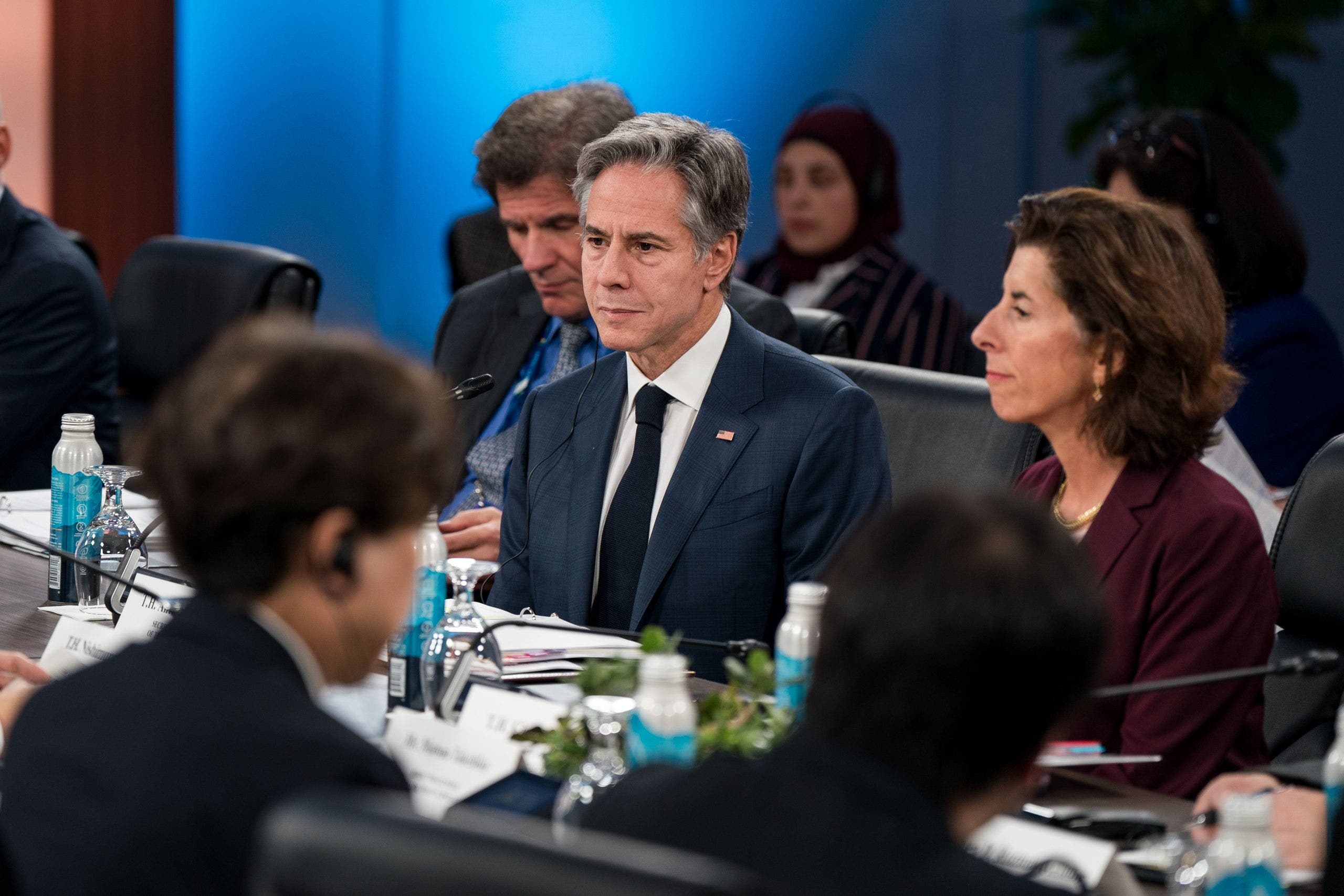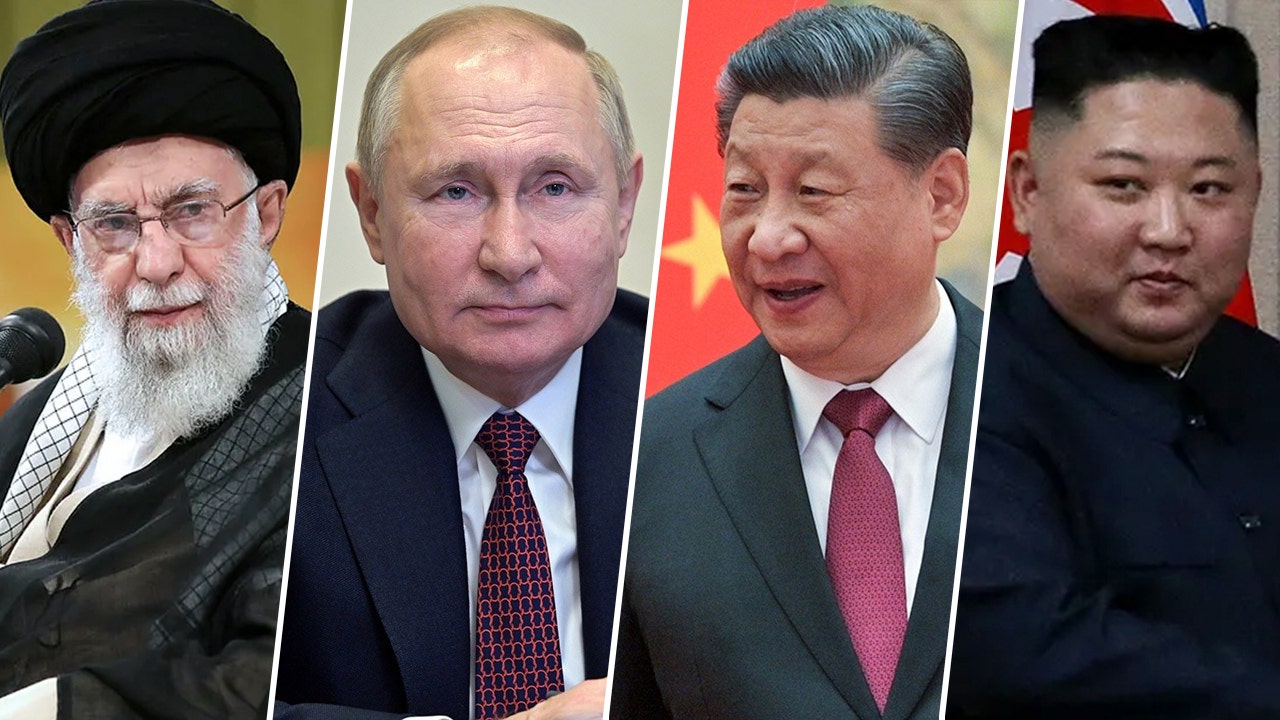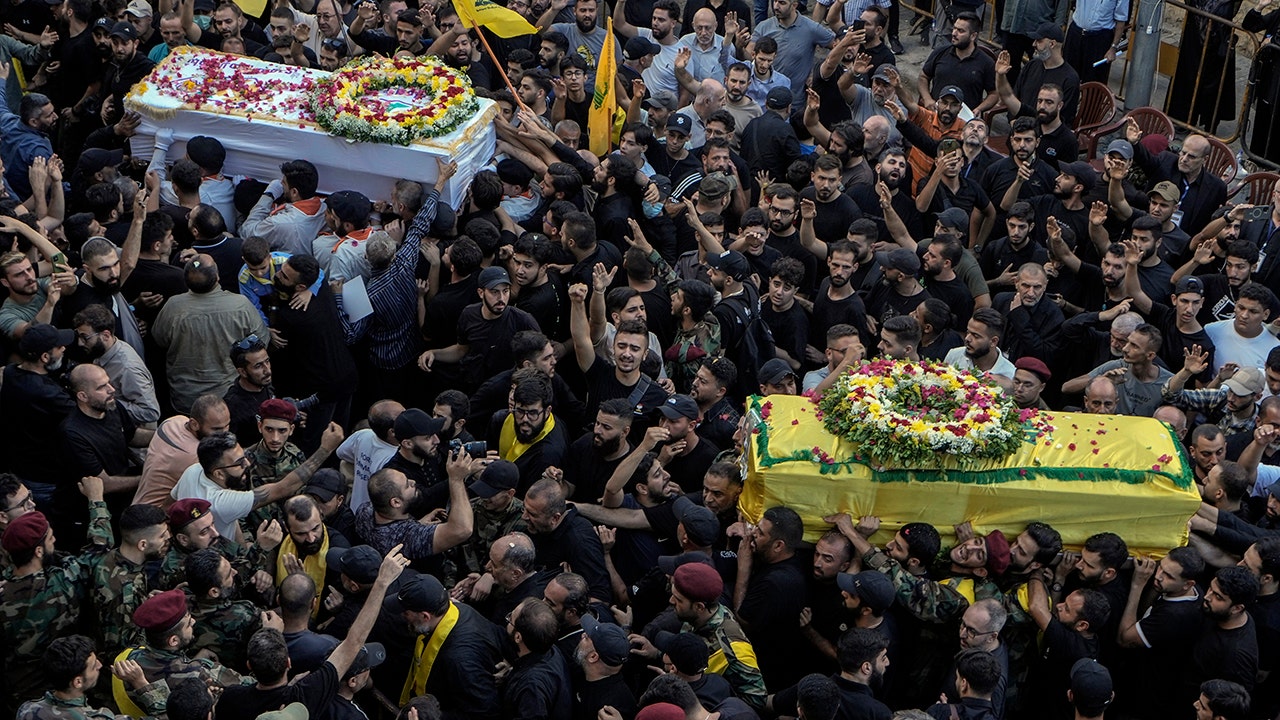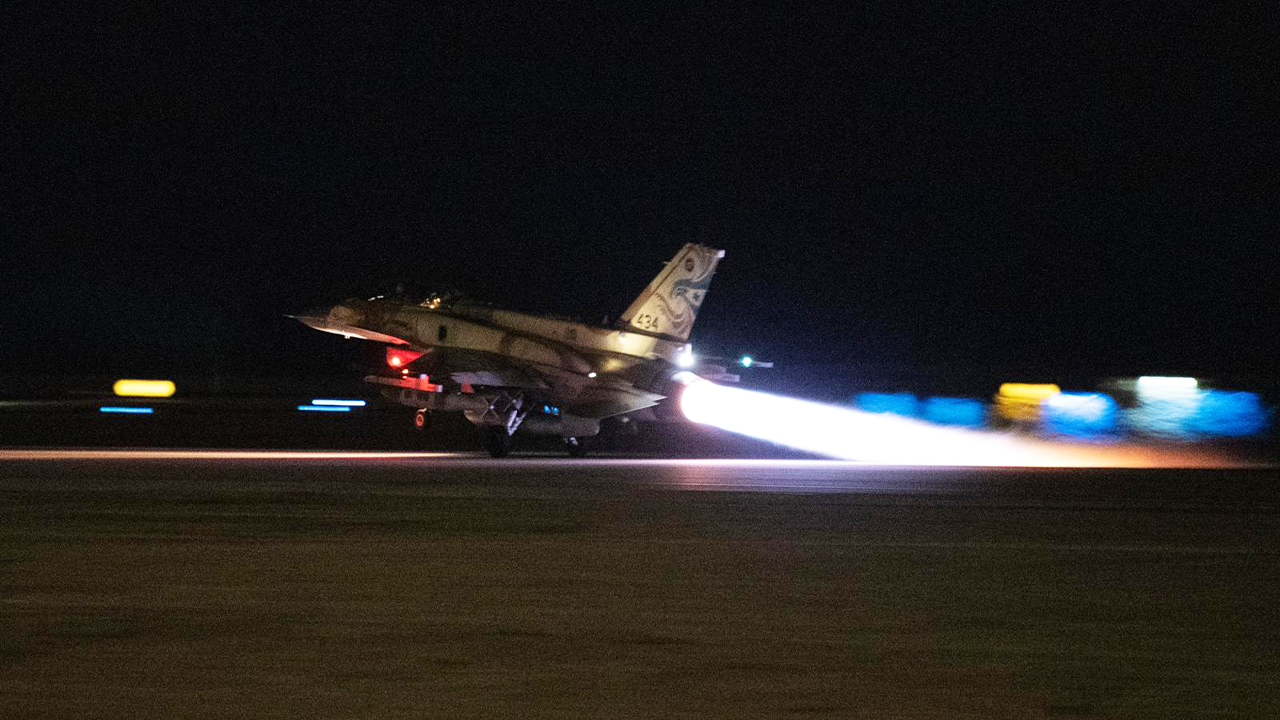The Kremlin said on Wednesday that “in-depth dialogue” was the way to reduce rising tensions between Russia and the West, including in the nuclear sphere, but that “the collective West” was refusing to engage despite the potential dangers.
Russia’s war in Ukraine has seen East-West ties hit their most dangerous moment since the 1962 Cuban missile crisis and Russia’s defense ministry said on Tuesday that its forces had started the first stage of exercises ordered by President Vladimir Putin to simulate preparation for the launch of tactical nuclear weapons.
Nuclear analysts say the exercises by Russia, the world’s biggest nuclear power, are designed as a warning signal by Putin to deter the West from wading more deeply into the war in Ukraine. Western countries have provided weapons and intelligence to Kyiv but have refrained from sending troops.
RUSSIA’S KREMLIN DENIES US CLAIMS THAT MOSCOW PUT ANTI-SATELLITE WEAPON IN SPACE
Responding on Wednesday to a question about the risk of a nuclear conflict, Kremlin spokesman Dmitry Peskov said escalating tensions in Europe and active conflicts in various global regions were undermining stability and predictability.
Kremlin spokesman Dmitry Peskov attends a joint news conference of Russian President Vladimir Putin and Belarusian President Alexander Lukashenko in Moscow, Russia, on Feb. 18, 2022. The Kremlin said on Wednesday that “in-depth dialogue” was the way to reduce rising tensions between Russia and the West, including in the nuclear sphere, but that “the collective West” was refusing to engage despite the potential dangers. (Sputnik/Sergey Guneev/Kremlin via REUTERS/File Photo)
“The further escalation of these tensions is potentially dangerous, including in the nuclear sphere,” Peskov told a news briefing.
“The situation requires in-depth dialogue in order to use political and diplomatic methods to seek ways out of this tense situation. But in-depth dialogue among the main players is rejected by the countries of the so-called collective West,” he said.




